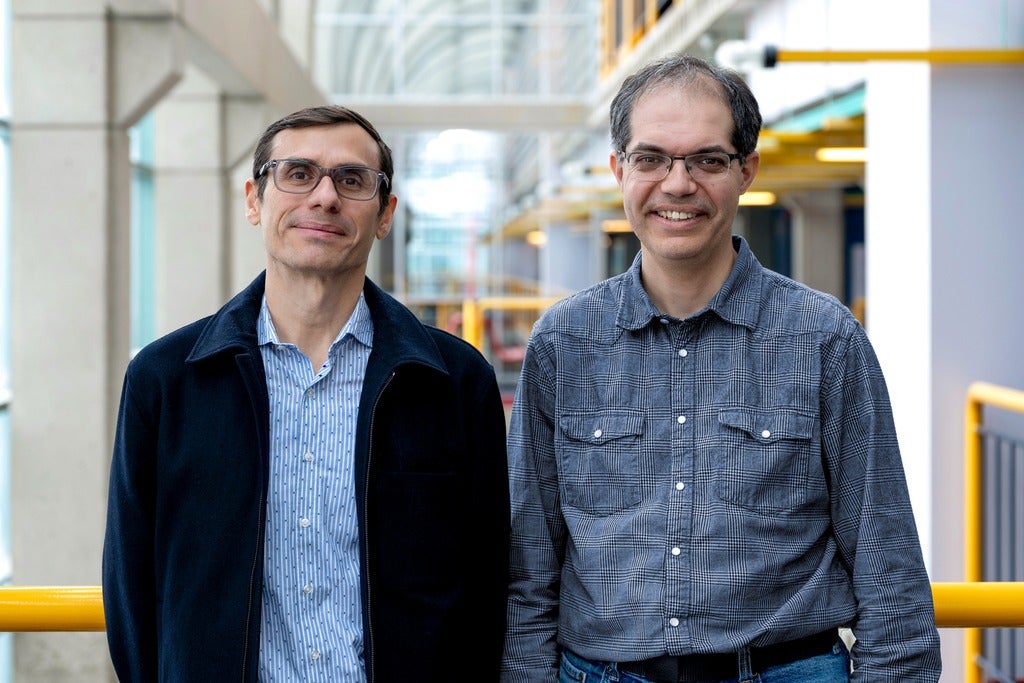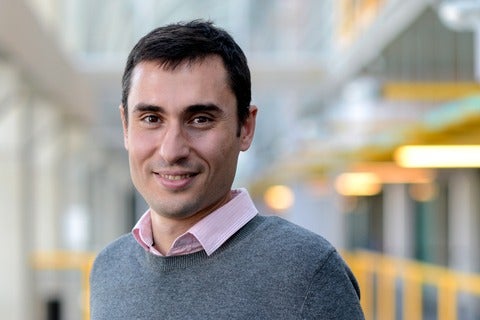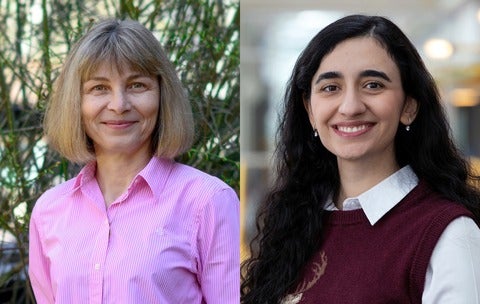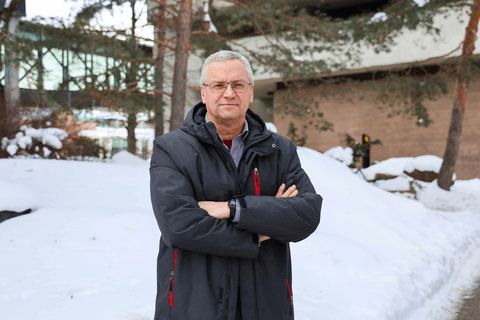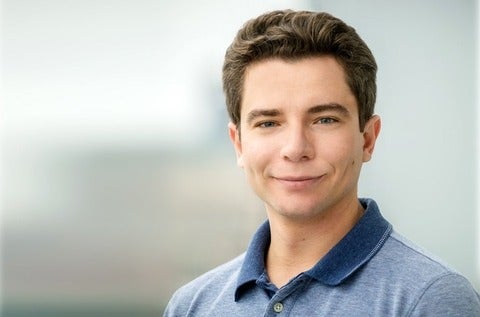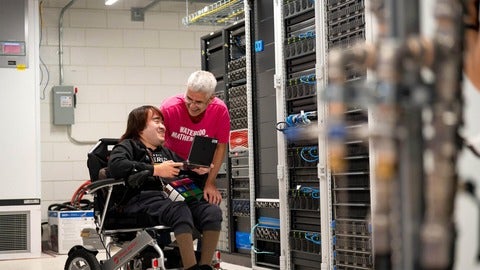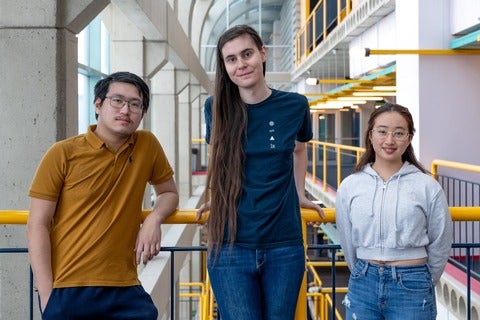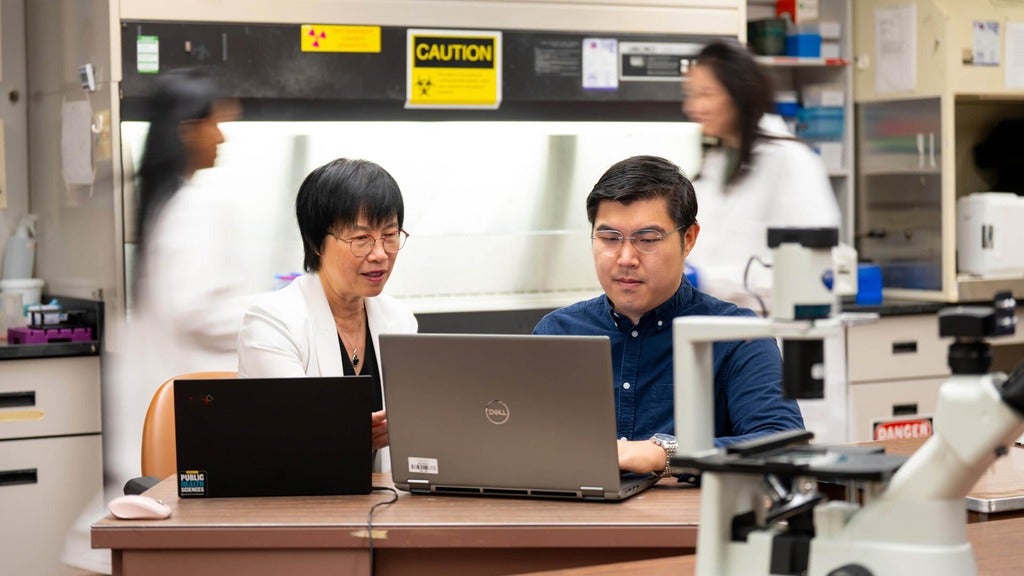Pascal Poupart and Luis Ricardez-Sandoval receive $480k grant from BMO and Mitacs to develop reinforcement learning tools for rare earth element recycling
Professors Pascal Poupart of the Cheriton School of Computer Science and Luis Ricardez-Sandoval of the Department of Chemical Engineering have received $480,000 to strengthen Canada’s supply of critical minerals by applying artificial intelligence to the recycling of rare earth elements.
